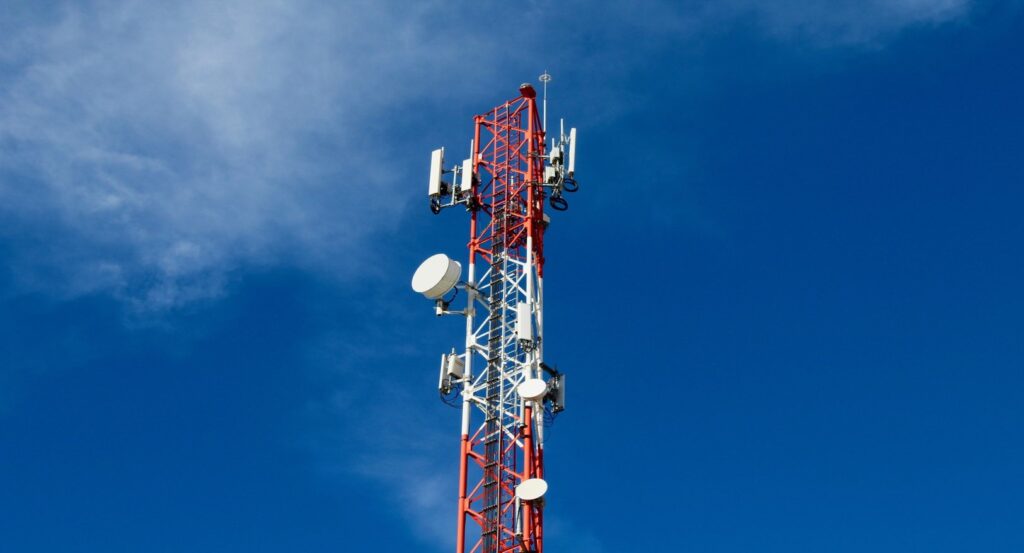
The page covers telecom questionnaires that are prepared by experienced professionals in the domain of telecommunications. The domain has always been right, from testing to demand to installation. In addition, these are the questions that help an aspiring interviewer clear a telecom interview.
What is ARPU in Telecom?
ARPU is the average revenue per user, a standard measure that the telecom industry uses to showcase the revenue generated across the customer base. It is also used by various sectors, like content or digital media. The media and telecom companies publish data on a regular basis that demonstrates the health of the business, among other commercial reporting metrics.
What is OLT in Telecom?
An optical line terminal is the endpoint network that is used in a passive optical network. It has a couple of functions, as it converts the standard signals that are being used by a FiOS service provider to the frequency and framework used by the PON system.
What is OSP in Telecom?
OSP in telecom refers to outside plants, and it is the network infrastructure installed externally to the buildings. The OPS cables are aerial and underground or directly buried, and they utilise pedestals, trenches, and communication maintenance holes.
What is MDU in Telecom?
Multi-dwelling units, and one of the interesting features about them is that they may vary significantly. It does pose considerable challenges to telecom companies when it comes to its installation. The best part about these networks is that they are affordable. Every MDU property has its own specific characteristics.
What is MME in Telecom?
Mobile management entities have an important role to play in LTE EPC architecture. It is the main control mode for this form of network, and its selection is based on network topology.
What is CDR in Telecom?
Call detail records capture information about calls made on telephone systems. This includes who made the call, to whom the call went, the call duration, and the time or date the call was made. CDRs are collected on a regular basis for processing usage, capacity, and performance, along with diagnostic reports.
What is Das in Telecom?
Das is referred to as a distributed antenna system, where networks or antennas are connected to a common source and distributed across the entire building or facility, extending the public cellular wireless network coverage. In most of Das’s installations, Plenum cable is used.
What is BSS in Telecom?
BSS in telecom enables the infrastructure providers to handle all business and customer-facing aspects of telecom site management. As billing and scaling turn out to be the major problems that telecoms and tower companies run into, BSS is of help, as it helps with billing and customer relations. Both of them are immensely important in today’s workplace.
What is did in Telecom?
It is referred to as direct inward dialling, which allows a phone number to ring directly onto a specific phone in a business rather than going to a queue or a menu where you need to dial an extension. A phone number that is often used like this is known as Did, and multiple numbers are termed a specific phone in a business rather than going to a queue or a menu where you need to dial an extension. A phone number that is often used like this is known as “Did,” and multiple numbers are termed “Did’s.
What are SIP trunks in Telecom?
Session initiation protocol is a digital method of making and receiving phone calls along with digital information over an internet connection. Virtual phone calls, which you can use to call anyone with a phone number over the internet, are referred to by the SIP trunking team.